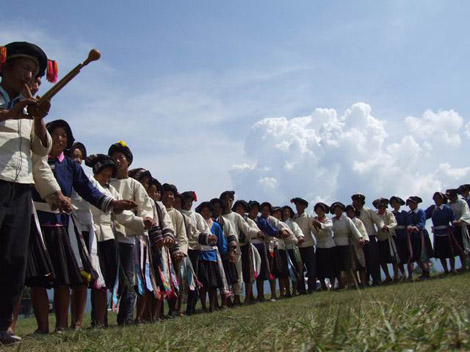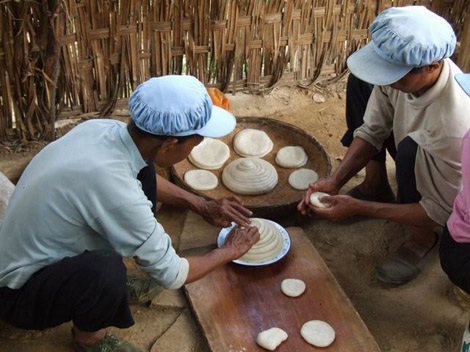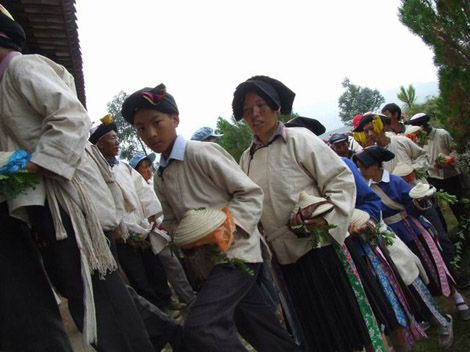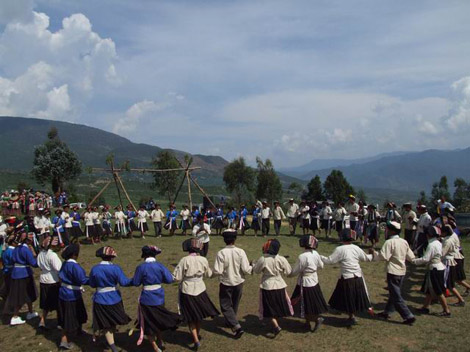
Taliu people are recognized as a mysterious group. Although identified by law as a branch of Yi ethnic minority, they consider Han people to be their real ancestors. Nevertheless, they speak a language which is neither Chinese nor that of Yi minority. In the Taliu language, the phrase "Taliu people" refers to those from afar who decided to settle there, namely, migrants. By 1999, there were only over two thousand Taliu people who settled in Yongsheng County, specifically in Yunshan Mountain as well as Yushui and Shuanghe Villages located respectively in its south and north.

Taliu settlement was situated along the Tea-Horse Road, a shortcut of the Southern Silk Road. As early as in the Qin and Han Dynasties, it was through the Tea-Horse Road that silk, Shu cloth, bamboo canes and ironware from Sichuan were transported to as far as countries in Central Asia, Europe and Africa. There were a couple of places lying between Sichuan and the destination, including Huaping, Taliu settlement, Yongsheng, Dali, Baoshan, Tengchong, Dehong, Burma and India. The ancient castle in Taliu settlement of Yongsheng County was one of the important post houses on the road.

Relics of the formerly prosperous and bustling ancient castle now cover an area of thirty thousand square kilometers, including a number of historic sites and scenic spots. For instance, there are relics of ancient buildings inside the castle and of the Government Office of a Chieftain surnamed Gao, which are connected with Taliu Dade Temple, the forest surrounding the temple and Qiyun Cave. As recorded in the profound history, Taliu people made brilliant accomplishments.






